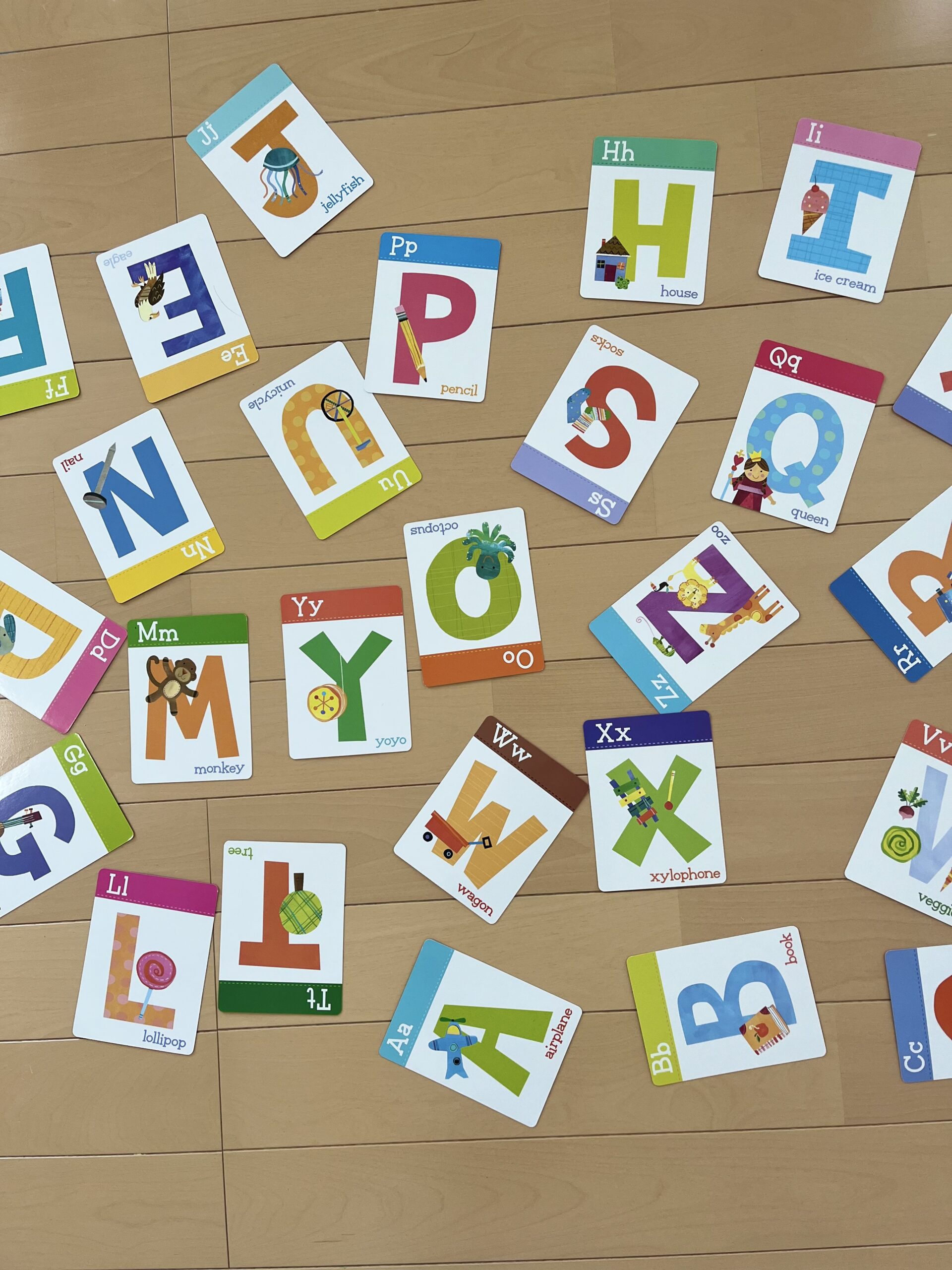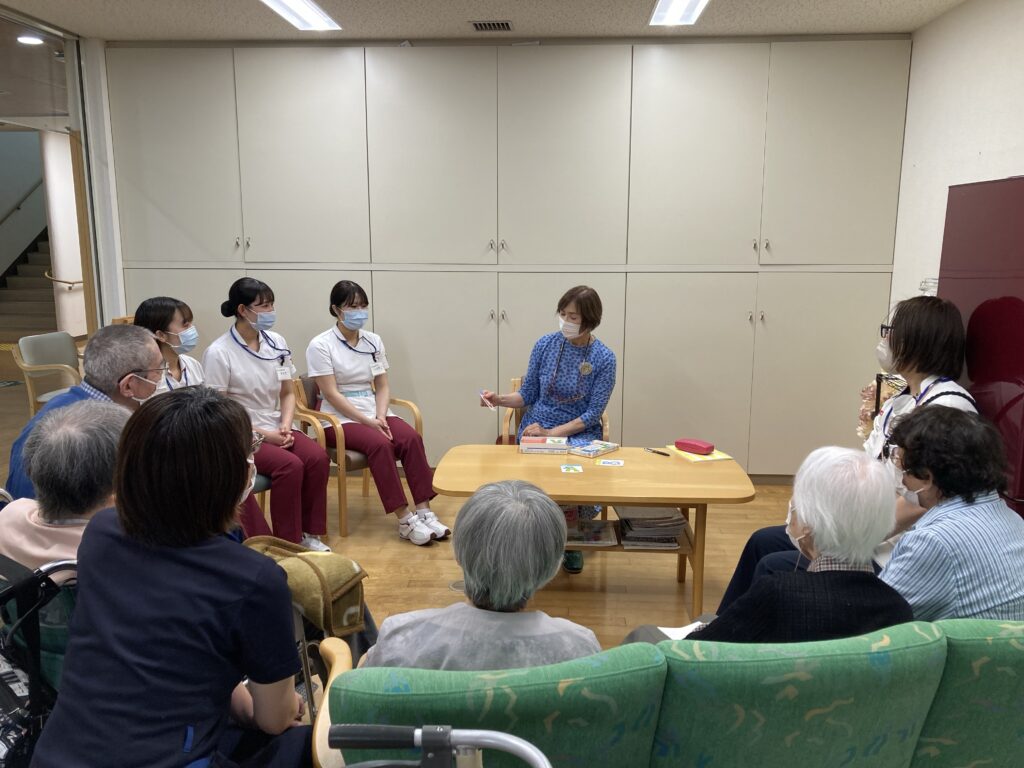
日本に帰ってきて私がやりたかったこと、それは「健康な老人が健康ではない老人をサポートすること」です。その想いで始めた介護老人施設みどり苑でのメイクアップ、ハンドマッサージ、簡単な体操でした。そして4月からは英語クラブも始めました。
英語から離れて長い時間の経つ高齢の皆さんですがアルファベットで遊ぶゲームや短い英語の会話を楽しんでくださいます。参加者には英語で花の名前を選んでもらい、クラスでは英語の名前で呼び合います。Rose(バラ) Lily(ゆり)Primrose(サクラソウ)Peony(しゃくやく) Cherry(さくら) Azalea(つつじ)などなど、たくさんのお花があふれる楽しいクラスです。
レッスンが終わって「あぁ、頭使ったわぁ」とか「英語楽しいわぁ」と言われると本当に心が温かくなります。健康な老人が十分に健康ではない老人を支援できることはたくさんあります。同じ年代の老人たちが互いに支援し、支援される輪を広げていきたい。そして加速していく高齢化社会が明るいコミュニティーになっていくことを願っています。

When I returned to Japan, one of the things I truly wanted to do was to create opportunities for healthy seniors to support those who are less healthy. That wish led me to start activities at the senior care facility Midorien, where I offer makeup sessions, hand massages, and simple exercise classes. And starting this April, I also launched an English club.
Although most of the elderly participants have been away from English for many years, they enjoy playing games using the alphabet and practicing short English conversations. Each person chooses the name of a flower in English, and we call each other by those flower names throughout the lesson—like Rose, Lily, Primrose, Peony, Cherry, Azalea, and more. It’s a joyful class filled with blooming flowers.
When someone says after the lesson, “Wow, that really got my brain working!” or “English is so much fun,” it truly warms my heart.
There are so many ways that healthy seniors can support others who are not as well. I hope to continue expanding this circle—where people of the same generation support and are supported by one another. My wish is for our rapidly aging society to grow into a bright and connected community.